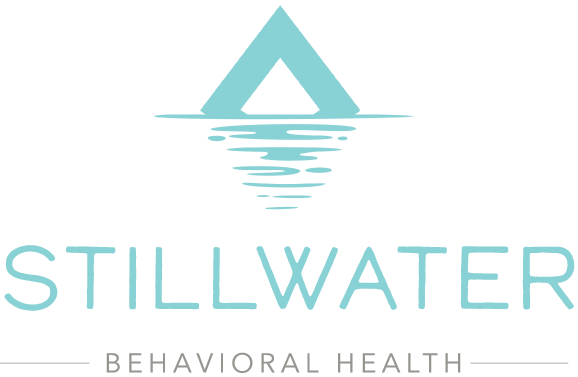What is Drug Dependence?
Drug Dependence
This occurs when an individual takes a certain drug over a certain period of time and their body becomes accustomed to having the substance in their body. This can create a physical or psychological reliance upon the substance, causing withdrawal symptoms if a person stops taking the substance.
Questions about addiction?
Call Us Now: 1-866-232-9103
Your call is confidential with no obligation required to speak with us.

Drug Dependence vs. Drug Addiction
The terms “addiction” and “dependence” are sometimes used interchangeably for drug abuse. However, addiction is not the same as dependence. Dependency usually connotes physical dependence on a substance, while tolerance and withdrawal symptoms characterize dependence. It is possible to physically rely on substance use without being addicted, but this change can happen quickly. 1
Types of Drug Dependence
Physical Dependence
Physical dependence is a condition created by the long-term use of a tolerance-forming drug. In this case, abrupt or gradual removal of that substance would result in unpleasant physical symptoms. It is further defined by withdrawal symptoms after substance use suddenly stops.
Psychological Dependence
Causes and Risk Factors of Drug Dependence
Risk Factors
Signs and Symptoms of Drug Dependence
There can be many different signs of a person becoming dependent or addicted to a certain substance. These also range from physical to psychological symptoms, and different people can experience or exhibit varying symptoms, as substances impact everyone’s brains and bodies diversely.
Physical Symptom
- Sudden weight loss or gain
- Bloodshot eyes
- Sudden and drastic appetite changes
- Slurred speech
Psychological Symptoms
- Feeling paranoid, anxious, or fearful all the time
- An unexplained change in personality
- Spacing out or not being able to keep track of conversation easily
- Lack of motivatio
- Feeling excessively tired 4
Diagnosis and Complications of Drug Dependence
A complete evaluation is required to diagnose drug dependency, which frequently includes an assessment by a psychiatrist, a psychologist, or professional alcohol and drug counselor. Blood, urine, and other lab tests assess drug usage, but they are not utilized to diagnose addiction.
These tests, however, may be used to monitor the treatment of drug dependence. Most mental health practitioners utilize criteria from the American Psychiatric Association’s Diagnostic and Statistical Manual of Mental Disorders (DSM-5) to diagnose a substance use disorder.
Complications of Drug Dependence
For example, continual opiate use can cause opiate-induced constipation, a persistent and potentially fatal form of constipation if not treated. Smoking methamphetamine may contribute to a severe form of tooth rot known as “meth mouth.”
Treatment and Rehabilitation of Drug Dependence
Detoxification is a common form of drug dependence treatment. It involves the total removal of a substance from the body in a way that does not interfere with the body’s function. Detoxification might take a few days to a month, depending on the substance being involved, the severity of dependence, and the aid available.

Inpatient and Outpatient Treatment of Drug Dependence
In inpatient facilities, a person with substance use dependence stays in a facility where they receive around-the-clock care and medications for treating substance dependence. At outpatient facilities, patients are free to check into the facility to receive their treatments at almost any time of the day. The duration of treatment depends on the type of program.
A support group is typically used in both inpatient and outpatient treatment regimens. A doctor or therapist can assist in determining whether inpatient or outpatient treatment is appropriate.
Getting Help at Stillwater Behavioral Health
Stillwater Behavioral Health is a cutting-edge substance use treatment facility with a Montecito based office. We offer programs that take a balanced and comprehensive approach to multiple therapy techniques to adapt to everyone’s needs by understanding that not everyone goes through the same issues or concurring problems. As a result, trained and professional staff employ various therapies to treat various issues ranging from drug and alcohol dependence to mental health illnesses.


